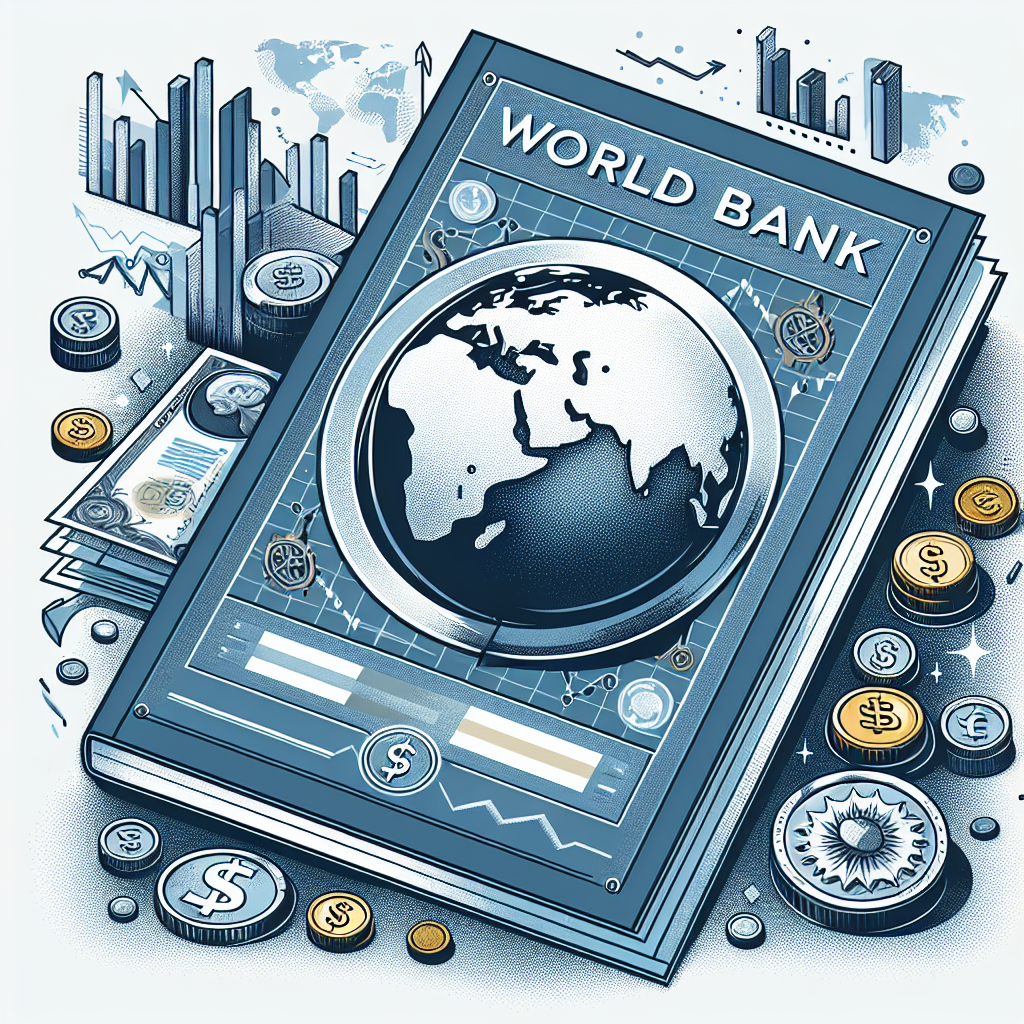World Bank Launches Global Challenge Programs to Address Key Development Issues
New initiatives aim for swift and impactful solutions to pressing global challenges by uniting public and private resources.

The World Bank Group (WBG) has unveiled a set of Global Challenge Programs (GCPs) designed to help countries tackle pressing development issues with speed, scale, and impact. These GCPs are a central feature of the Better Bank initiative, representing a significant shift in how the WBG approaches global challenges. By integrating efforts across national, regional, and global levels, the GCPs aim to crowd in public and private solutions to effectively respond to difficult global issues.
The six GCPs are structured around clear development objectives that align with the WBG Scorecard outcomes and contribute to various Sustainable Development Goals (SDGs). The programs are designed to leverage both public finances and private capital, ensuring a comprehensive approach to these challenges:
Forests for Development, Climate, and Biodiversity: Focused on building sustainable forest economies in critical forest biomes.
Energy Access and Transition: Aiming to expand access to affordable, reliable, and sustainable energy while phasing out fossil fuel usage.
Accelerating Digitalization: Designed to foster innovation and promote the widespread adoption of technology.
Food and Nutrition Security: Targeting the eradication of food and nutrition insecurity by 2030.
Enhanced Health Emergency Prevention, Preparedness, and Response: Strengthening health systems to better prepare for and respond to health emergencies on various levels.
Fast-Track Water Security and Climate Adaptation: Enhancing water security through sustainable management and disaster risk reduction strategies.
Harnessing Knowledge, Financing, and Partnerships
The GCPs emphasize collaboration and knowledge sharing to maximize impact. For example, the Health GCP will partner with the Global Fund to boost local vaccine manufacturing, ensuring timely responses to health emergencies. Similarly, the Water Security GCP aims to engage with UN agencies and civil society to implement effective country-level strategies, especially in fragile contexts.
In terms of knowledge dissemination, the Forest GCP plans to enhance data systems and use digital tools to produce interactive resources on climate-smart forest management. The Digital GCP will facilitate a dynamic environment for knowledge sharing to spur innovation and capacity building.
Tailored Design and Implementation
Each GCP is customized based on the specific global challenge, the development needs of countries, and the readiness of available solutions. For instance, the Energy Access and Transition GCP, in collaboration with the African Development Bank (AfDB), aims to connect 300 million people to electricity in Africa by 2030. The Food Security and Nutrition GCP will address food insecurity in identified hotspots, promoting integrated approaches across social protection and agrifood sectors.
Cross-cutting themes—such as gender equality, inclusivity, and conflict mitigation—will be prioritized in the design and implementation of all GCPs. These programs also offer private sector clients opportunities to invest in emerging markets while maximizing development financing. For example, the Forest & Biodiversity GCP aims to transform the financing of global forest investments by providing risk-reducing tools and attractive financing options to draw in substantial private investments.
A Collaborative Development Model
The GCPs will be implemented through the WBG’s country-based development model, aligning with each country’s strategic priorities as outlined in their Country Partnership Frameworks. This approach ensures that the initiatives are responsive to local needs while leveraging the WBG’s extensive knowledge and resources to create lasting impact.
- READ MORE ON:
- World Bank Group
- Sustainable Development Goals










